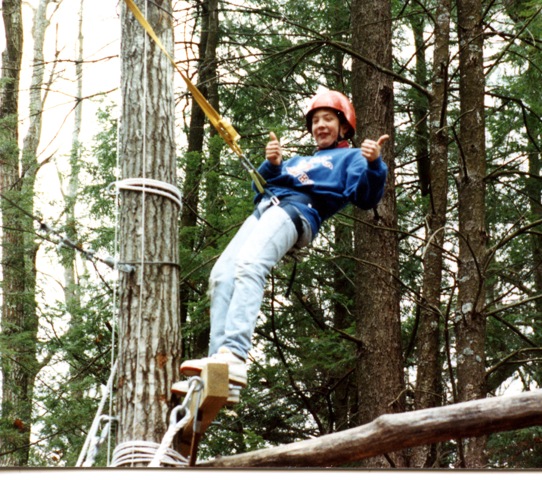Q. There were recently two child suicides in neighboring towns to us in less than two weeks, one of them a 13 year old. How does this happen? How can I protect my tween from a similar fate? I am at a loss. What is happening in the world??

A. Too many children all over the country seem to be feeling so forsaken that ending their lives is the only answer. How does anyone, much less a child, come to this conclusion? I cannot presume to have the answer. What we are left with is the question: How do we protect our children from such devastating despair?
In 2017, the suicide rate for 15-19 year olds was up 47% from 2000, the highest level in two decades. This doesn’t include 13 year olds. Much of the rise has to do with increased drug use and the effects of social media. But the question must address more fundamental layers. Many young people can resist drug use or moderate it. All are subject to social media. Some have addictive tendencies that are Read more…








 Instead we tell them what to think and feel, what to say and do. Everything around us tells us that if we do this, take that, wear this and buy that, we will be happy. Rewards and punishments are the way we control and tell them how to be. This method raises our children to focus externally (what will happen to me if…? Or what will I get if…?). They often don’t know how to handle themselves without those external controls. Most of us have lost sight of what we already know — if we could trust ourselves to just listen.
Instead we tell them what to think and feel, what to say and do. Everything around us tells us that if we do this, take that, wear this and buy that, we will be happy. Rewards and punishments are the way we control and tell them how to be. This method raises our children to focus externally (what will happen to me if…? Or what will I get if…?). They often don’t know how to handle themselves without those external controls. Most of us have lost sight of what we already know — if we could trust ourselves to just listen.
